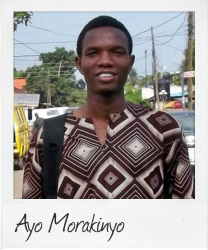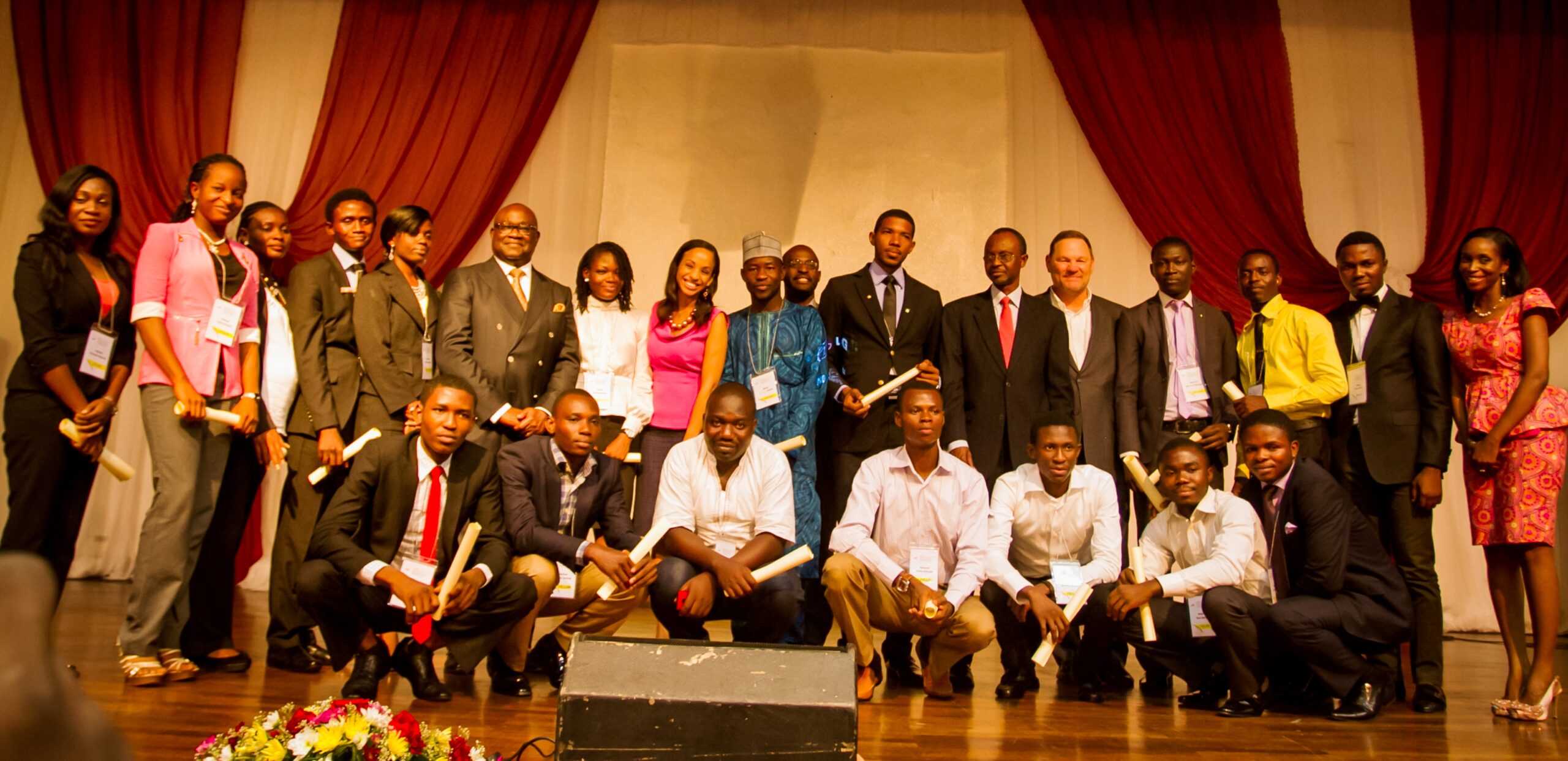“Reducing illiteracy through social entrepreneurship”
December 17th, 2013  The combined efforts of public and private education are failing to beat illiteracy in Nigeria, writes Ayo Morakinyo, 26, a Commonwealth Correspondent from Nigeria. He describes the innovative efforts of NGOs like LEAP Africa to deliver education to students.
The combined efforts of public and private education are failing to beat illiteracy in Nigeria, writes Ayo Morakinyo, 26, a Commonwealth Correspondent from Nigeria. He describes the innovative efforts of NGOs like LEAP Africa to deliver education to students.
Education is one of the best gifts that can be given to children because of its secondary advantage to the society.
When children are educated, their minds are developed through the knowledge and skills that they acquire. The knowledge they gain helps them understand their importance to society, and the skills they acquire gives them the opportunity to contribute to the socio-economic development of their communities. Therefore, the outcome of child education benefits the children as young individuals and extends to the society in terms of development.
However, education is not always available and affordable to all children. This is a common experience for the children of low-income earners in many developing countries because their parents always struggle to find and pay for good education. The free education that is sponsored by government in some African countries is not evenly efficient across all states. Hence, most parents avoid sending their children to public schools at the primary level. Yet, some of these parents are also uneducated. In fact, UNESCO reports that Africa is the only continent where more than half of parents are not able to help their children with homework due to illiteracy.
For example, in Nigeria, where 10.5 million children are presently out of school, several parents are finding it difficult to enrol their children in public primary schools. The shortcomings of public education are still visible and the cost of enrolment in private primary schools keeps escalating. Many parents say schools that have efficient teachers charge high tuition fees while the risks involved with sending their children to schools run by government are high. Again, parents who do not value education actually prevent their children from going to school and would rather engage them in local trades. If handled by government alone, the problem of illiteracy would remain unbeatable.
Consequently, non-governmental organizations (NGOs) such as LEAP Africa are assisting Nigeria government to fight illiteracy through various initiatives. As a member of YouthActionNet, LEAP Africa develops social entrepreneurs by empowering and equipping them with the skills and tools that are necessary for transforming their communities. These social innovators are trained and supported to run their own NGOs and solve problems which include the challenges of good education in Nigeria. LEAP Africa is using this venture to gradually reduce Nigeria’s illiteracy level, through projects which encompass health, environment, agriculture and information technology education.
On November 11, 2013, LEAP Africa recognised 20 young social innovators at an awards ceremony. Some of these young entrepreneurs are directly and indirectly fighting illiteracy through their causes. They include Orondaam Otto of Slum2School Africa, Vweta Ariemugbovbe of Empowering Women of the Future, Philip Obaji of 1GAME Campaign and Opeyemi Adeseko of Environmentalist Coterie. The event which was held at the Shell MUSON Centre attracted several social entrepreneurs, invited primary and secondary school students, corporate sponsors and other members of the public in Nigeria.
It is believed that through social innovations like these, more young people would get involved in the non-profit educational sector and help reduce the level of illiteracy in Nigeria.
Photo: Bayo Omoboriowo
…………………………………………………………………………………………………………………
About me:
I am an animated and artistic writer hailing from the southwest region of Nigeria. I hold a degree in electronics and electrical engineering and am certified as an IT professional.
On days when I am not busy with engineering and management activities, I write prose poems, short stories and journalistic commentaries. In the coming years, I hope to help other people’s lives around the world and aid in the reformation of Africa.
…………………………………………………………………………………………………………………
Opinions expressed in this article are those of the author and do not necessarily represent the views of the Commonwealth Youth Programme. Articles are published in a spirit of dialogue, respect and understanding. If you disagree, why not submit a response?
To learn more about becoming a Commonwealth Correspondent please visit: http://www.yourcommonwealth.org/submit-articles/commonwealthcorrespondents/
…………………………………………………………………………………………………………………




